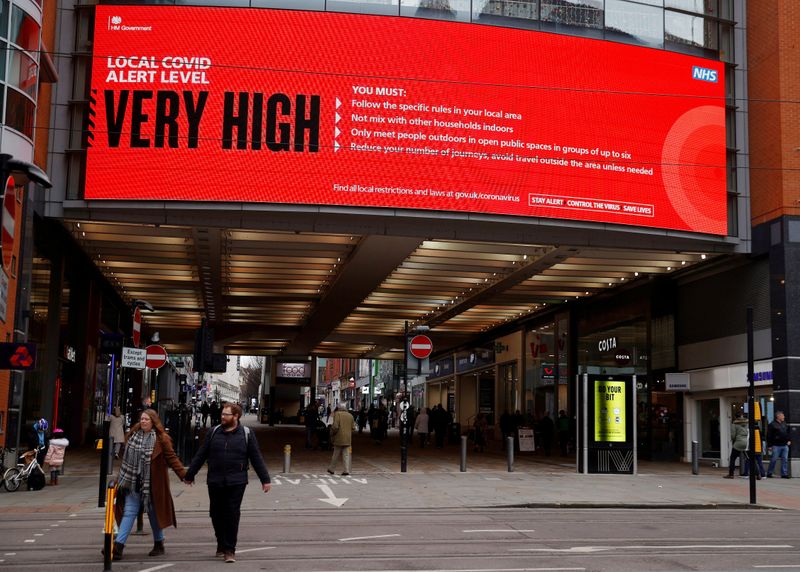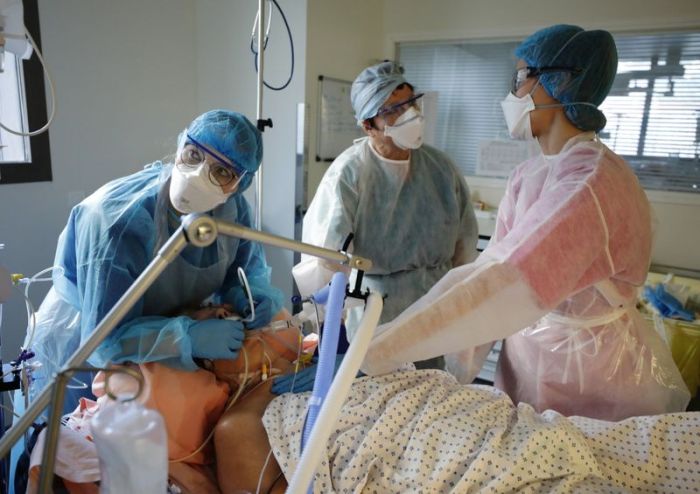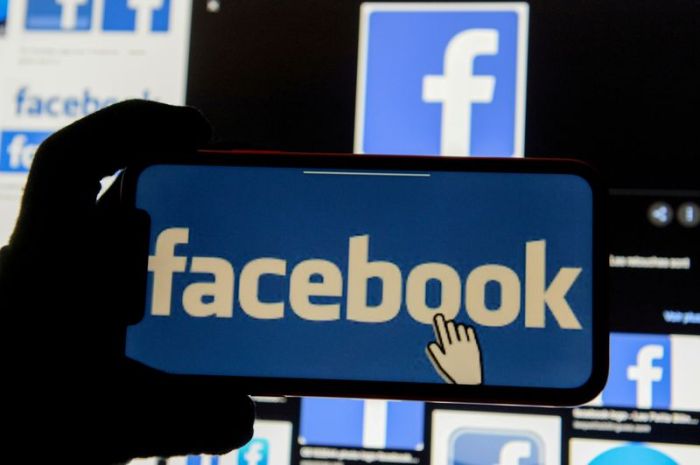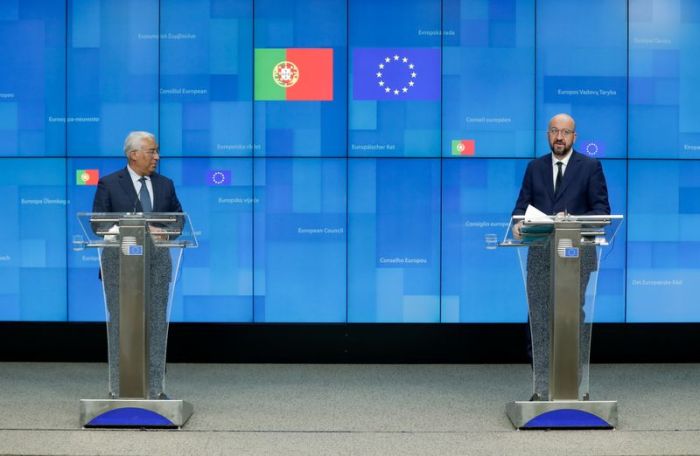(Reuters) – Here’s what you need to know about the coronavirus right now:
Japan to allow large numbers of overseas visitors for Tokyo Games, Nikkei says
Japan aims to allow “large-scale” numbers of overseas visitors to attend next year’s Tokyo Olympics without mandatory vaccinations or quarantine provided they submit negative COVID-19 test results and download tracking apps, the Nikkei business daily reported on Wednesday.
The report, which did not identify the source of the information or detail how many visitors would be allowed, also said Japan would not restrict tourists from using public transportation systems. Under current restrictions imposed to curb the spread of the novel coronavirus, travellers are required to self-isolate for 14 days on arrival as well as sign up for contact-tracing apps.
Organisers of the Games, which were pushed back by a year in March because of the pandemic, had sold nearly 1 million tickets overseas, the paper said, compared with 4.5 million in Japan.
U.S. plans for first COVID vaccines
Top U.S. health officials announced plans on Tuesday to begin vaccinating Americans against the coronavirus as early as mid-December, as nationwide deaths hit the highest number for a single day in six months.
“Within 24 hours, maybe at most 36 to 48 hours, from the approval, the vaccine can be in people’s arms,” Moncef Slaoui, a former GlaxoSmithKline executive who is overseeing the vaccine portion of the U.S. program, said at an event conducted by The Washington Post newspaper.
A panel of advisers to the U.S. Centers for Disease Control and Prevention (CDC) on Tuesday voted 13-to-1 to recommend that healthcare workers and residents of long-term care facilities should be first in line to receive initial doses of COVID-19 vaccines when they become available.
U.S. CDC to shorten COVID-19 quarantine to 10 days
The U.S. Centers for Disease Control and Prevention will soon shorten the length of self-quarantine recommended after potential exposure to the coronavirus to 10 days, or 7 days with a negative test, a federal spokesperson said on Tuesday.
CDC currently recommends a 14-day quarantine in order to curb the transmission of the virus.
COVID-19 patients on some cancer therapies may be contagious for months
COVID-19 patients who received cancer treatments that suppress their immune system may remain contagious and able to spread the coronavirus for two months or more, according to a study published on Tuesday.
In the new study, researchers analysed sputum and swab samples from 20 immunosuppressed cancer patients infected with the new coronavirus. They found that three were contagious for more than three weeks after their symptoms began, including one who remained contagious for 61 days.
While only a small proportion of cancer patients with COVID-19 are likely to remain contagious for prolonged periods, “it’s a residual risk that we need to address,” said Mini Kamboj, one of the study’s authors from the Memorial Sloan Kettering Cancer Center. “We need to keep an open mind about how (much) longer immunocompromised patients could pose an infection risk to others.”
(Compiled by Karishma Singh; Editing by Kim Coghill)



















